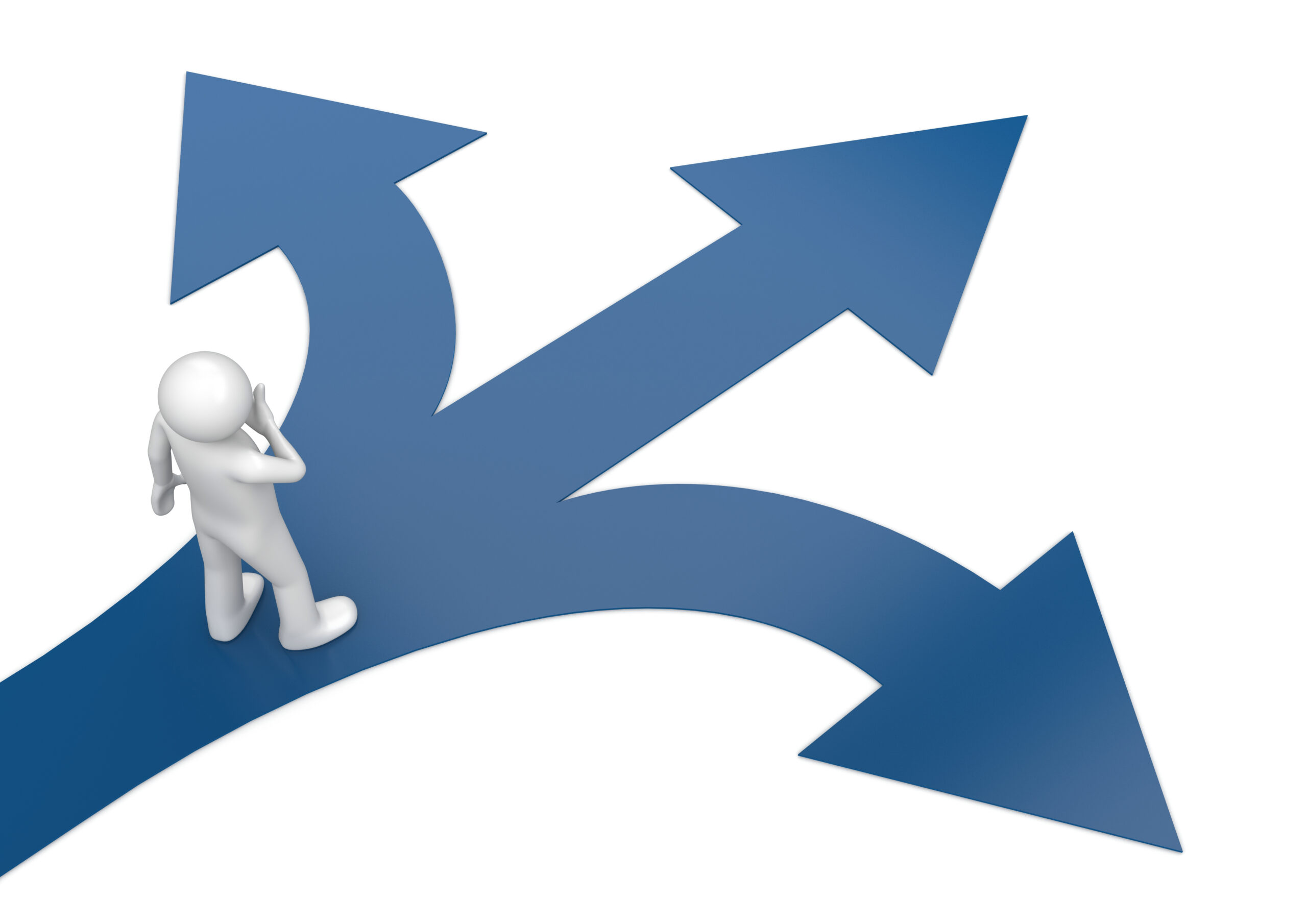
Want to know whether bankruptcy or IVA is the best solution? You might be surprised to hear that neither is actually better than the other. The right option for you depends on your individual circumstances.
Included in this article:
- Bankruptcy or IVA – How will your home be affected?
- Which is worse for your credit rating?
- Can you keep your car?
- Upfront cost and ongoing monthly payments
- What is your goal for dealing with your debt?
Want more advice on whether to go bankrupt or start an IVA? Call us (0800 077 6180) or complete the form below. It’s free and confidential.
Bankruptcy or IVA – How will your home be affected
When deciding between bankruptcy or an IVA, the first thing to consider is whether you are a home owner or live in rented accommodation.
If you are a home owner, you will normally have to avoid going bankrupt. This is because your property could be at risk particularly if there is equity in it.
An IVA is normally better for homeowners because your property is protected. That said, you may have to agree to release some equity from it during the arrangement.
On the other hand, if you are renting, going bankrupt is certainly an option for you. It will not affect your home at all. As long as you continue to pay your rent, your landlord is unlikely to even be told.
Whether you do an IVA or go bankrupt, your ability to move to new privately rented accommodation will be significantly impacted for 6 years.
Struggling to get your head round all of this? We can help. Call us (0800 077 6180) or complete the form below. The advice is free and confidential.
Which is worse for your credit rating?
Despite what you may have heard, the fact is that whether or not you go bankrupt or do an IVA, your credit rating is affected in exactly the same way.
With both solutions, the record of either bankruptcy or an IVA will be added to your credit file and will remain there for 6 years. Both solutions have the same negative affect your credit score. There is no difference between the two.
Interestingly, if you go bankrupt you might be able to start repairing your credit score faster than if you do a IVA. This is because you are only bankrupt for 12 months. After this time you can start to use a credit repair credit card which will improve your score.
With an IVA you can’t do this until the arrangement is completed which will normally take 5-6 years.
Your options for getting a mortgage in the future will be the same whether you go bankrupt or do an IVA. With both you will have to wait 6 years before applying for a mortgage with a high street lender.
Can you keep your car?
If you own a car worth much more than £2000 and you want to keep it, you will probably have to consider an IVA. It is unlikely that your car will be at risk if you start an IVA whatever its value.
Where it’s on finance, you will be allowed to keep making the finance payments as normal. You just need to bare in mind what happens when the finance agreement ends.
With an HP agreement, once the car is paid off, the monthly payments will be added to your IVA. If you have PCP, you will normally be allowed to start a new agreement. However this will be more difficult given your poor credit rating.
Bankruptcy is an option when your car is worth less than £2000. You will normally be allowed to keep your vehicle as long as you need it for work or other family commitments.
It is possible to keep a car worth more than £2000 if you go bankrupt. You just need to pay the difference to the Official Receiver.
Upfront cost and ongoing monthly payments
One of the reasons you are likely to be attracted to an IVA is that there are no up front costs. It is correct that you don’t have to pay anything until the arrangement is agreed and in place.
But remember, you then have to maintain monthly payments into the arrangement for 5-6 years. The minimum amount payable is generally £100/mth.
Paying £100/mth over 5 years would mean a total payment of £6000. However, this amount is likely to increase. If your income improves during your IVA or if you earn any extra overtime, your payments will go up.
There is a fee to be paid up front if you go bankrupt. However, a significant advantage of bankruptcy is you will not have to make any further monthly payments towards your debts at all if you have no surplus income. You pay nothing more and after 12 months you are debt free.
Bankruptcy could be an ideal solution for you if you are unable to make monthly payments towards your debts. Where you do have a surplus income, your payments will only last 3 years compared to 5-6 in an IVA.
What is your goal for dealing with your debt?
Another consideration when deciding between bankruptcy or an IVA is your goal for becoming debt free. If you simply want to draw a line under your financial problems and become debt free as fast as possible, going bankrupt will help you do that.
On the other hand, if you prefer to try and pay as much as you can to your creditors, you might choose an IVA even though based on your circumstances, bankruptcy is a more sensible option.
One thing to bear in mind, when you chose the IVA route you can change your mind down the line. If you pay an IVA for say a year or so but then decide you have made the wrong decision, you can still cancel and go bankrupt.
Want to discuss whether an IVA or bankruptcy is best for you? Give us a call (0800 077 6180) or complete the form below. The advice is free and confidential.
Arrange a call with a Debt Management Expert
Privacy Policy
Your information will be held in strictest confidence and used to contact you by our internal team only. We will never share your details with any third party without your permission.


